Decoding Cross-Border Beauty Procurement Terminology: Industry-Specific Guide
Decoding Cross-Border Beauty Procurement Terminology: Industry-Specific Guide
In cross-border beauty procurement, understanding and mastering industry-specific terminology is crucial for purchasers. These terms not only facilitate effective communication with international suppliers but also ensure efficient and compliant procurement processes. Here are some commonly encountered terms in cross-border beauty procurement:
1. INCI (International Nomenclature of Cosmetic Ingredients)
INCI is an internationally recognized standard for naming cosmetic ingredients, ensuring consistency and transparency in product compositions worldwide. Purchasers need to be familiar with the INCI list to accurately understand and communicate product ingredients.
2. ECOCERT (Ecological Certification)
ECOCERT is an international organic and ecological certification organization that certifies products meeting strict environmental and organic standards. ECOCERT certification is an important indicator for markets that prioritize sustainable and eco-friendly products.
3. GMP (Good Manufacturing Practice)
GMP is an internationally recognized set of standards that ensures product quality and safety during the manufacturing process. Beauty purchasers should ensure that suppliers comply with GMP to guarantee product quality.
4. Cruelty-Free: No Animal Testing
With increasing consumer concern for animal welfare, the label "cruelty-free" has become significant in the beauty industry. Products labeled as cruelty-free indicate that no animal testing was conducted during development and production, making it crucial for consumers who prioritize animal welfare. Purchasers should ensure that selected products meet this standard to attract a wider consumer base.
5. Active Ingredient: Key Components in Beauty Products
Active ingredients are key components in beauty products, such as antioxidants, vitamins, and plant extracts, that play a significant role in their efficacy. Purchasers need to understand the benefits and safety of these ingredients to meet consumer demand for effective and safe products.
6. pH Balanced: Acid-Base Balance
pH balanced products maintain the natural pH level of the skin, promoting skin health. This term is particularly important for consumers with sensitive skin or specific skincare needs.
7. Antioxidant: Protection Against Free Radicals
Antioxidants help protect the skin from free radical damage and are key ingredients in anti-aging products.
8. Paraben-Free: No Parabens
Parabens are a class of commonly used preservatives that can pose skin issues or potential health risks for some consumers and have been a subject of controversy. Beauty purchasers need to be mindful of whether the products they procure contain Parabens.
9. Organic
Organic beauty products contain a certain percentage of organic ingredients that adhere to specific organic standards during cultivation and processing. These products are favored by consumers pursuing a natural and eco-friendly lifestyle.
10. Silicone-Free: No Silicone
Silicone-free products refer to beauty products that do not contain Silicone oils or Silicone, as these ingredients may cause skin issues for some consumers.
11. Hyaluronic Acid: Hydration Ingredient
Hyaluronic acid is an effective moisturizing ingredient widely used in skincare products. Purchasers should understand its role and concentration in products to ensure their moisturizing effects.
These are some common and essential terms in the beauty industry that purchasers should be familiar with. Understanding these terms helps purchasers make decisions that align with consumer expectations and regulatory requirements in their target markets during cross-border beauty procurement.



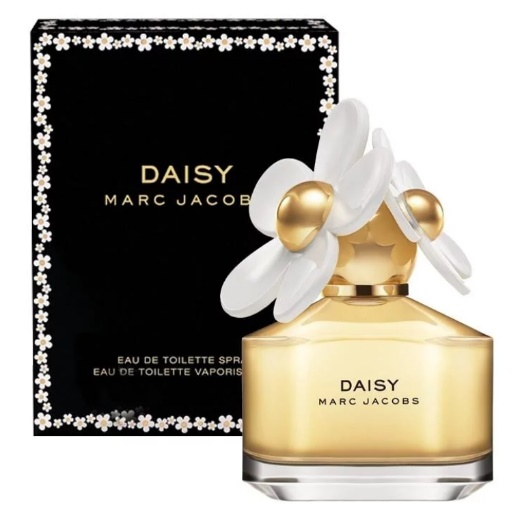
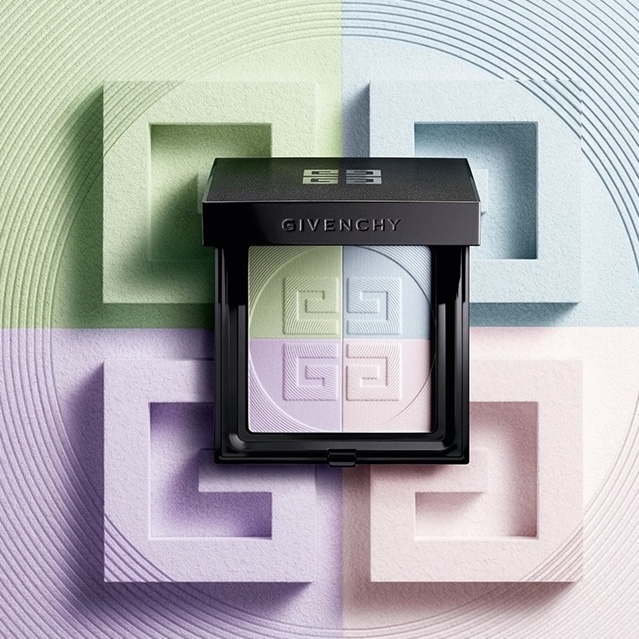

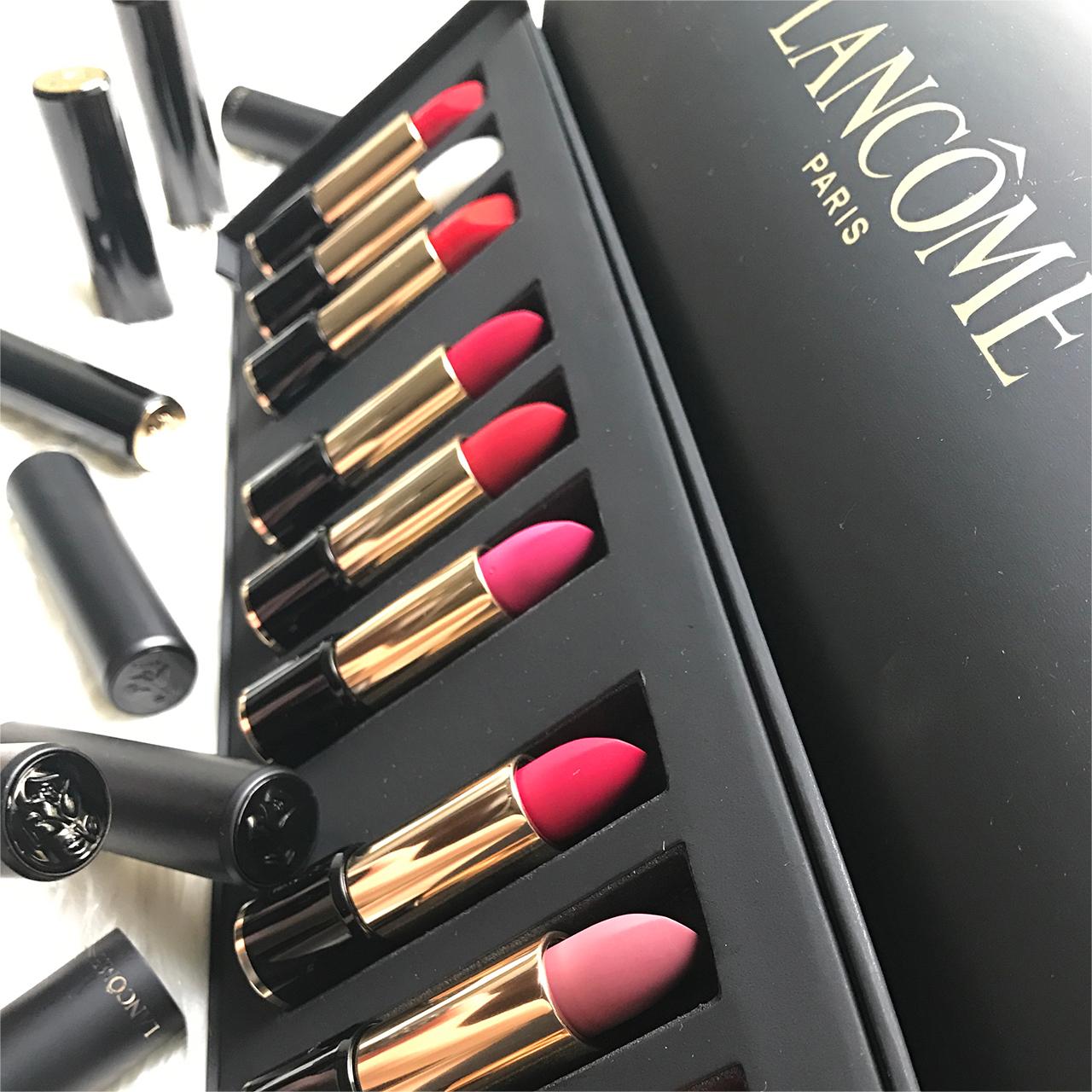
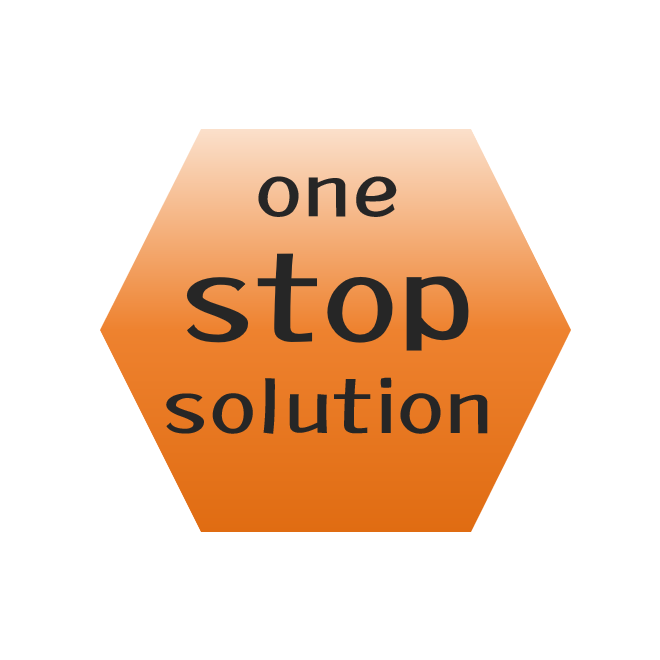
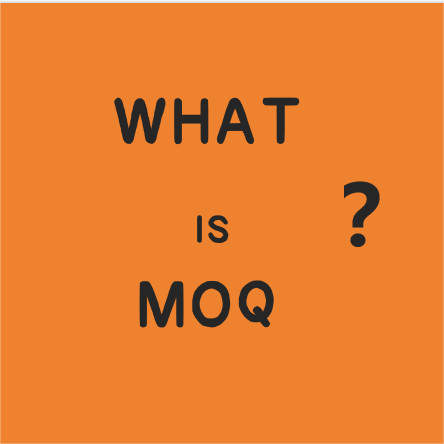





 WhatsApp
WhatsApp Wechat
Wechat